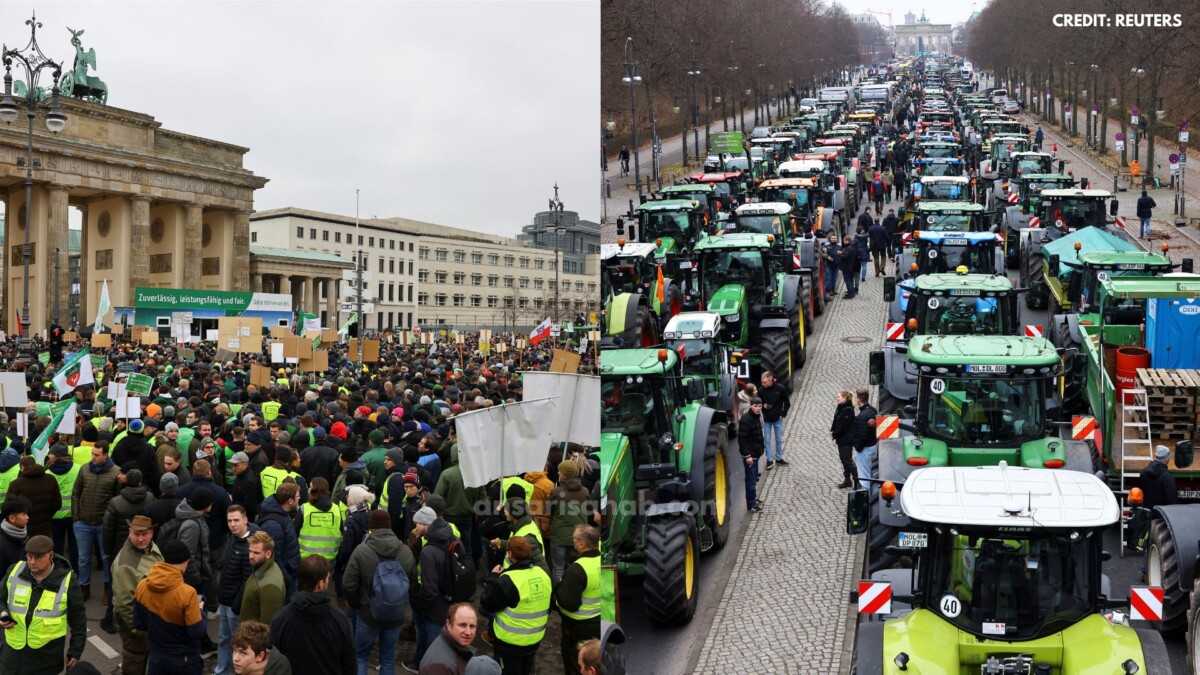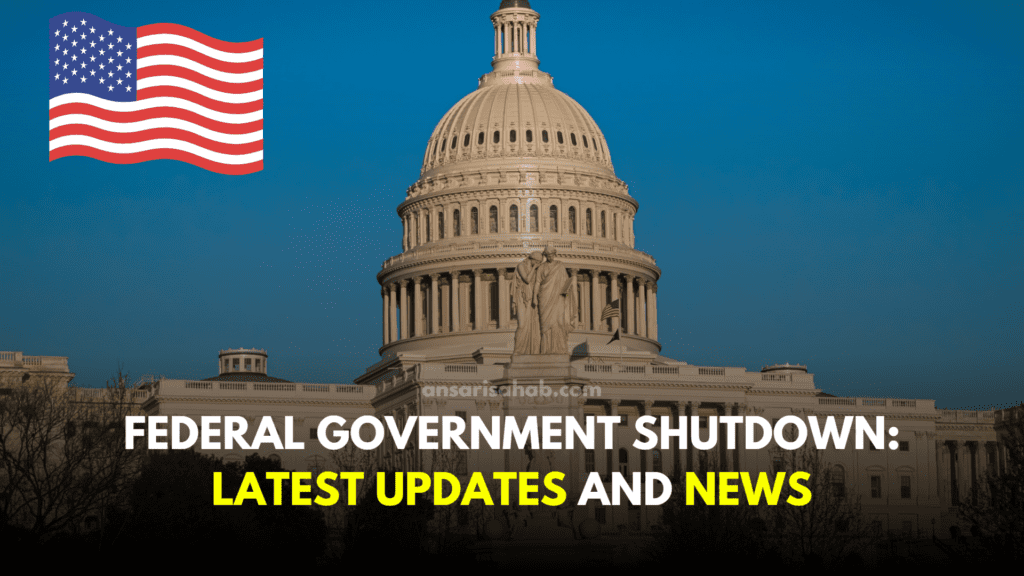The serene image of rolling German countryside, dotted with quaint villages and emerald fields, has been disrupted in recent weeks. Across the nation, tractors have replaced tourists, their engines roaring a chorus of discontent as farmers take to the streets in a wave of protests. The target? Proposed cuts to agricultural subsidies, a move that threatens the very livelihood of many in this vital sector.
To understand the simmering anger that has boiled over into these demonstrations, we need to delve deeper than headlines and explore the complex web of factors driving the discontent. This blog post aims to do just that, offering a comprehensive analysis of the German farmers’ protests, examining their motivations, the potential consequences of the proposed cuts, and the broader context of European agricultural policy.
A Perfect Storm of Discontent:
The German agricultural sector is facing a confluence of challenges. Rising production costs, fueled by factors like global energy price hikes and supply chain disruptions, are squeezing profit margins. Environmental regulations, while necessary for long-term sustainability, add another layer of complexity and expense. Additionally, the specter of Brexit has cast a shadow of uncertainty over future trade agreements, a vital concern for an export-oriented industry.
Into this already turbulent mix comes the proposed reduction in agricultural subsidies. These payments, long a cornerstone of European agricultural policy, are seen by many farmers as a lifeline, providing essential support for their operations. The German government’s plan to cut them by 5% over the next five years has been met with fierce resistance, with farmers fearing it will push many over the edge.
Beyond the Numbers: The Human Cost of Cuts:
The impact of these cuts is not just a matter of financial figures on a balance sheet. For many German farmers, their land and their work are not just a job, but a way of life, passed down through generations. The threat of losing their livelihood is not just an economic hardship, but a cultural and emotional blow.
Small family farms, already struggling to compete with larger industrial operations, are particularly vulnerable. The loss of subsidies could force them to sell their land, leading to a consolidation of the agricultural sector and a potential loss of biodiversity and traditional farming practices.
The Ripple Effect: Protests and Potential Consequences:
The farmers’ protests are not isolated incidents. They are a symptom of a broader crisis of confidence in the European agricultural model. The current system, with its emphasis on production and subsidies, is facing increasing scrutiny for its environmental impact and its failure to address the needs of smaller farmers.
The German government’s response to the protests has been mixed. While acknowledging the concerns of farmers, it has also defended the need for subsidy cuts, arguing that they are necessary to ensure the long-term sustainability of the agricultural sector. However, the government has also pledged to offer additional support measures, such as investment in green technologies and direct aid to struggling farms.
The success of these measures remains to be seen. The protests, while disruptive, have also raised public awareness of the challenges facing German farmers. This newfound attention could lead to a more nuanced debate about the future of European agriculture, one that takes into account the needs of both farmers and the environment.
Beyond the Headlines: A Call for a Nuanced Approach:
The German farmers’ protests are not just about subsidies. They are a cry for recognition of the vital role that farmers play in society, not just as food producers but also as stewards of the land and custodians of rural traditions.
Finding a solution to this crisis requires a multifaceted approach. It means acknowledging the legitimate concerns of farmers while also recognizing the need for reform. It means investing in sustainable practices, fostering innovation, and building a more resilient and equitable agricultural system.
The tractors may eventually return to the fields, but the issues they have brought to light will continue to simmer. It is up to policymakers, industry leaders, and consumers alike to engage in a constructive dialogue, one that prioritizes the long-term health of both the agricultural sector and the environment. Only then can we ensure a future where German farmers can continue to cultivate not just crops, but also a thriving and sustainable way of life.









